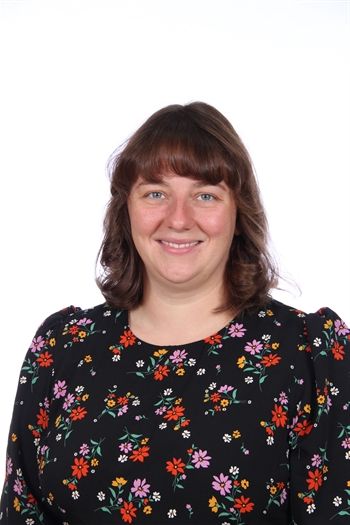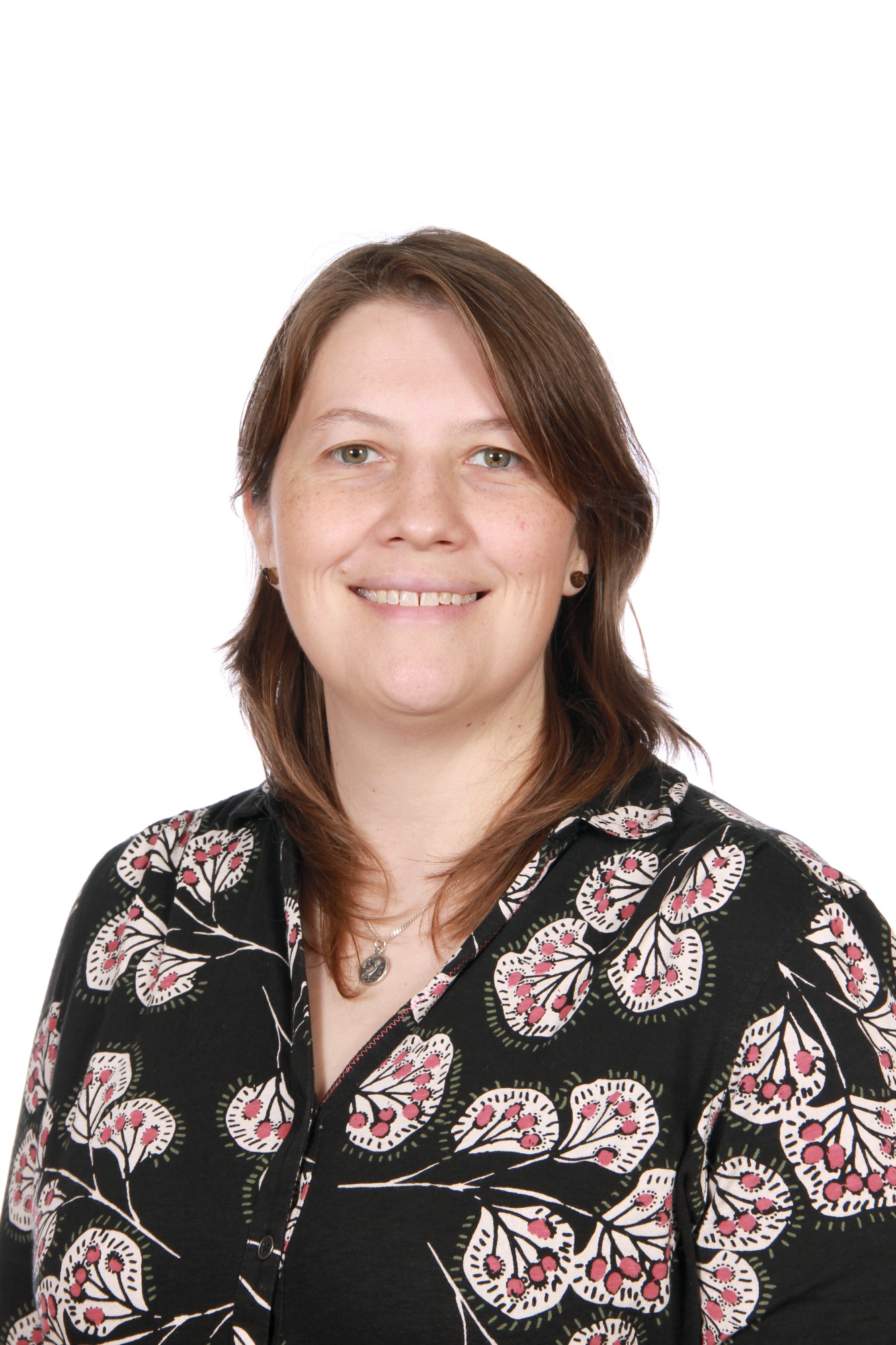Geography
An A Level in Geography could lead to a wide range of career paths including conservation, teaching, urban land-use planning, environmental management, overseas development, cartography, climatology and travel writing. Once you’re trained in your chosen field, your qualification will open up a whole new world of possibilities – you could go on to become a teacher, town planner, architect, conservation officer or a journalist.
The A Level course will allow you to develop your knowledge of places, processes and environments at a range of scales. Compared with GCSE, A Level Geography places a greater emphasis on understanding the complexity of global issues, therefore, an interest in how and why decisions are made is important. The course contains elements of physical, social, economic and cultural geography, which will help students to have a better understanding of the opportunities and challenges facing decision makers.
Entry Requirements
Grade 5 at GCSE Geography. GCSE English Grade 5 if Geography has not been studied at GCSE
Content
This Edexcel A Level course has four equally-weighted components, offering both compulsory and optional content, assessed through three external assessments and one piece of non-examination assessment.
| Component One: | Dynamic Landscapes; Tectonic Processes and Coastal Landscapes and Change |
| Component Two: | Dynamic Places: Globalisation of Regenerating Places |
| Component Three: | Physical Systems and Sustainability: The Water Cycle and Water Insecurity, The Carbon Cycle and Energy Insecurity and Climate Change Futures |
| Component Four: | Human Systems and Geopolitics: Superpowers, Migration, Identity and Sovereignty |
In Year One, students study Component 1, exploring plate tectonics and disaster management, examining coastal processes, landforms, and management strategies. In Component 2, they focus on economic, cultural, and political interconnectivity, and urban and rural change, including fieldwork.
In Year Two, students study Component 3, exploring physical processes, resource management, and sustainability. They also study Component 4, analysing global influence and geopolitics, and global health patterns, human rights issues, and migration trends. Students also complete an Independent Investigation (NEA), conducting research and data analysis. The year emphasises critical thinking, synoptic links between topics, and exam skills, preparing students for assessments that test their ability to apply knowledge to real-world scenarios.
Assessment
80% Examination, 20% Coursework
Am I right for the course?
You should take A Level Geography if you are looking to develop your communication and team working skills as you will often complete projects in groups. Research and analysis skills are also developed, including in IT, lab and fieldwork. If you are interested in hydrology and fluvial geomorphology, atmosphere and weather, rocks and weathering, population, migration, tropical environments, coastal environments, hazardous environments, environmental management and global interdependence.
Course Highlights
| Hands-on Experience: |
Engage in fieldwork, data collection, and independent research, including your NEA investigation. |
| Personal Development: | Explore and develop your geographical knowledge, analytical skills, and ability to evaluate real-world issues. |
| Enrichment: |
Field trips to coastal environments, urban regeneration projects, as well as guest lectures and Geographical Association events. We run four field trip days over the course. These change each year as we want to look at current issues, but have recently included Chichester Harbour to look at the sand dunes, London Kings Cross to look at regeneration and also Southern Water to see a water treatment plant and speak to the organisation about water quality in the UK. |
Where next?
As a subject which covers so many of the vital issues that affect the world of today, such as climate change, migration and natural hazards, there has arguably never been a better time to study Geography. With the mix of technical and social skills that they get from their studies, Geography graduates are highly sought-after — in fact, according to the Royal Geographical Society, those who study the subject have some of the highest rates of employment.
This course will enhance your skills, which will be directly transferable to a wide range of careers. These include independent research and the application of your findings in different formats, such as reports and presentations. You will also develop and apply your numerical analytical skills and have the opportunity to use Geographical Information Systems software to display your findings. Geography ‘A’ level is recognised by the Russell Group and is a valuable qualification when applying for a range of degree-level courses at leading universities. A degree in Geography can lead to a wide range of career opportunities, such as the management of the physical environment (river and coastal management; disaster risk management), urban planning and development, overseas aid agencies, local and national government-related work (and many more!)
FAQ's
- Do I have to have studied this at GCSE?
No, however, you will need to complete summer work to support elements you will have missed. - Is Geography good with other subjects?
Geography is one of the Russell Group universities' facilitating subjects — so called because choosing them at A-level allows a wide range of options for degree study. - Do we do field work?
There are several opportunities to take part in activities outside the classroom.
Geography A Level Teaching Staff

Subject Leader for Geography
s.davies@stwilfrids.com

Geography Teacher
j.maguire@stwilfrids.com

Geography Teacher
r.perry@stwilfrids.com
